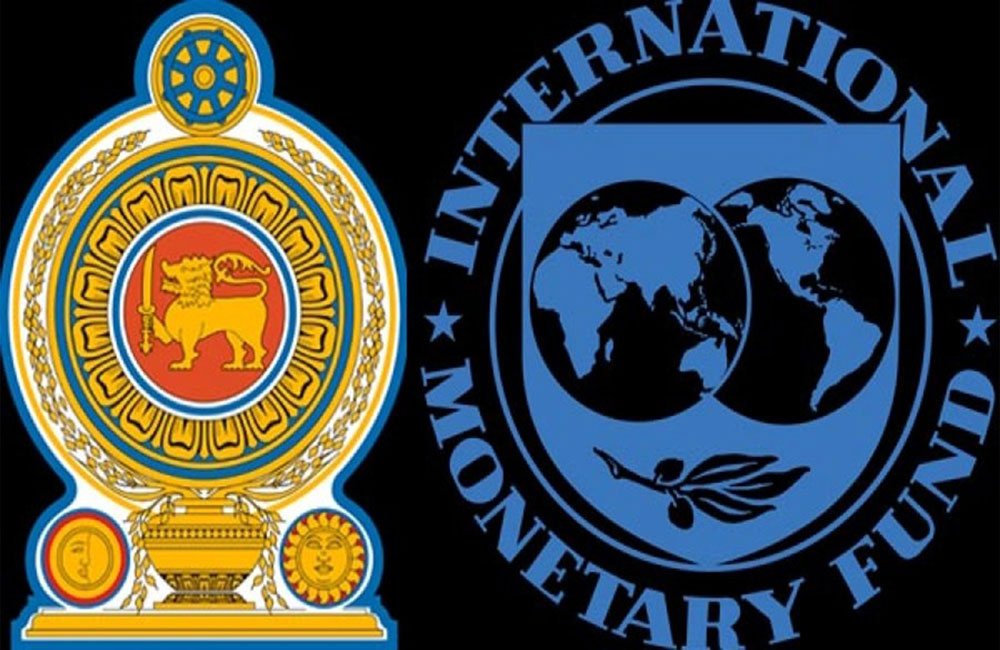An expected extension of Sri Lanka’s lending arrangement with the International Monetary Fund should give a critical cushion to the economy in the aftermath of the Easter Sunday terrorist attacks, a fund official said.
“This will provide additional time to the authorities to anchor macroeconomic stability and complete their economic reform agenda,” Manuela Goretti, IMF mission chief for Sri Lanka, said in an emailed response to questions.
In the wake of the attacks, “initial financial market pressures seem to have been contained,” while “decisive policy and security measures by the authorities” will be needed, especially to secure the tourism industry that makes up 5 percent of the economy, said Goretti.
The IMF’s executive board is set to decide in mid-May on a pending approval for an extension of Sri Lanka’s aid program to June 2020. Sri Lanka secured a staff-level agreement from the IMF in March to extend a $1.5 billion lending facility for an additional year, and days later Sri Lanka tapped international markets via a $2.4 billion bond sale to cover 2019 debt obligations.
Sri Lanka’s central bank governor, Indrajit Coomaraswamy, said a day after the attacks that Sri Lanka is in a “good position” to meet debt obligations.
The fifth review of the IMF program stalled last year amid a political crisis. Sri Lanka has made “important progress” under the arrangement with the IMF since mid-2016, including tax policy changes, strengthening social safety nets, and its transition to inflation targeting, said Goretti.
Good Balance
“The 2019 budget approved in early April strikes a good balance between advancing revenue-based fiscal consolidation, which is important to shore up market confidence given Sri Lanka’s high debt and refinancing needs, while making space for macro critical capital and social spending and business friendly tax measures,” she said.
Goretti echoed comments by Managing Director Christine Lagarde in condemning the attacks and offering condolences to the victims of the bombings.
The Easter Sunday bombings that tore apart the Shangri-La hotel, two nearby luxury hotels and three Christian churches killed 359 people including foreign tourists from about a dozen countries.
In the aftermath of the war, annual economic growth rates repeatedly topped 8 percent on the back of easy credit and pent-up demand. Tourist arrivals increased five-fold since 2009 to more than 2.3 million last year, while foreign direct investment reached nearly $1.4 billion in 2017 -- about seven times greater than in the early 2000s.
(Bloomberg)

Leave your comments
Login to post a comment
Post comment as a guest